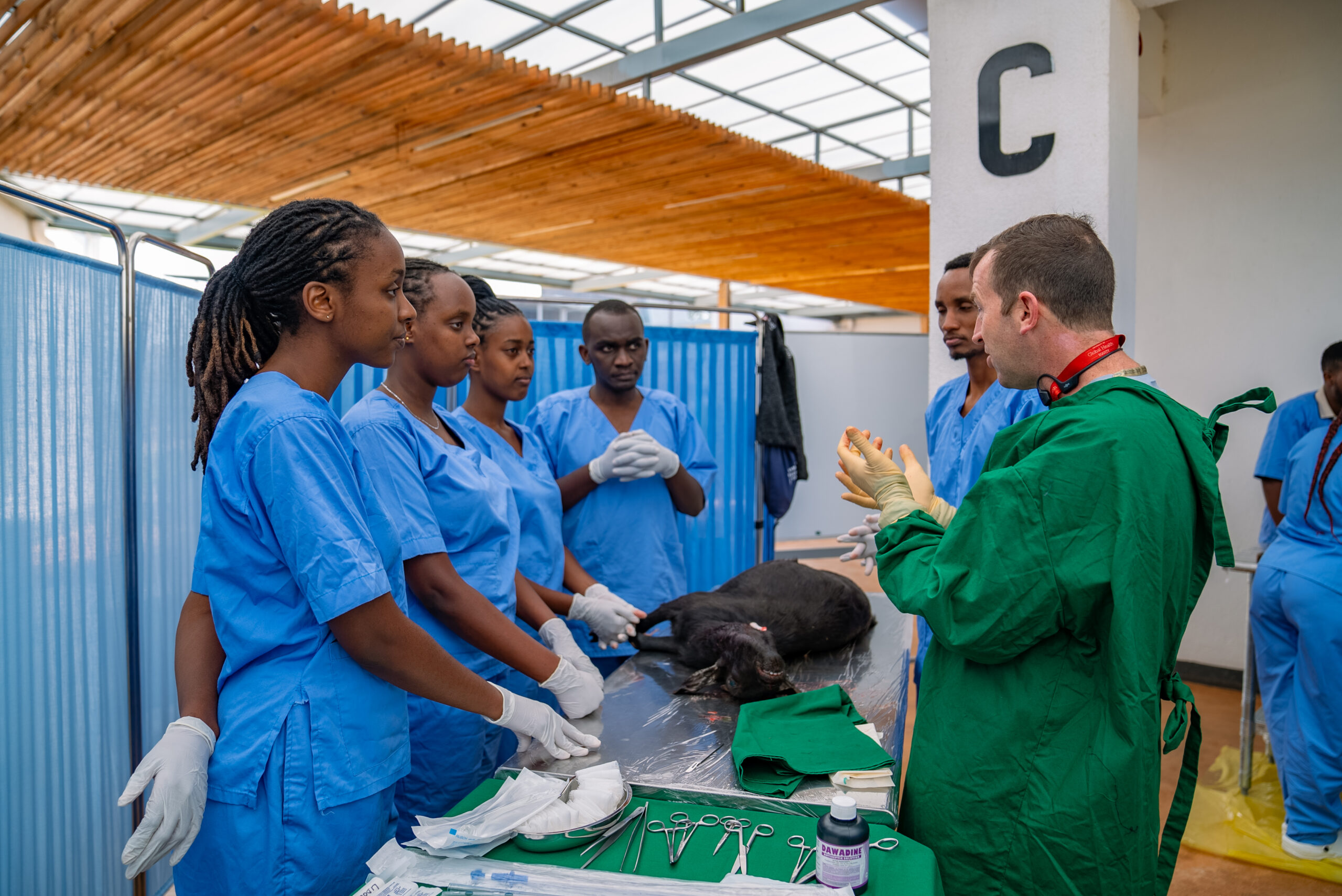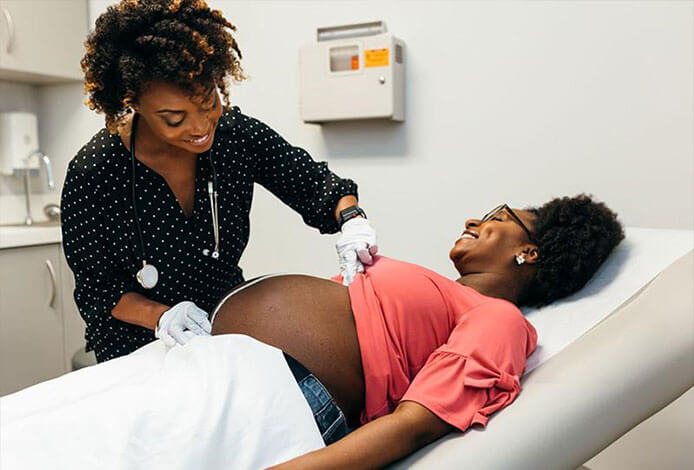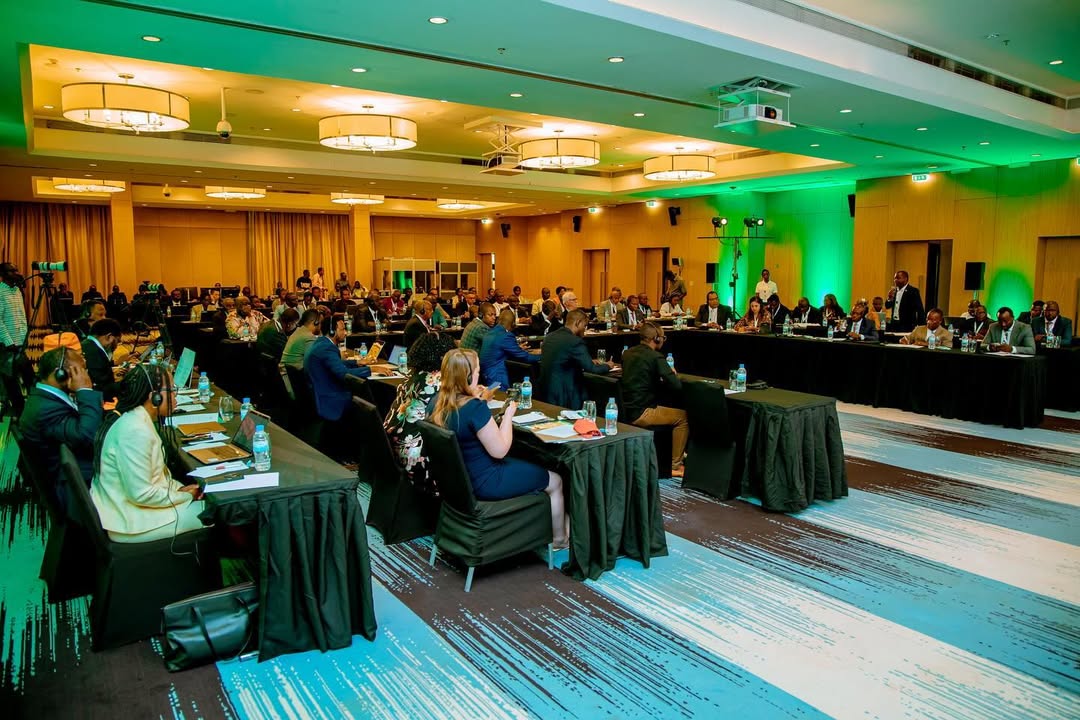Centre for Equity in Global Surgery (CEGS)
November 25, 2024 2025-05-14 11:01Centre for Equity in Global Surgery (CEGS)
Centre for Equity (CEGS) in Global Surgery
Driving Change in Surgical Healthcare
e are addressing challenges in access to surgical healthcare by formulating strategies to overcome them through advocacy, education and training, research and innovation, fellowship, and global convening.
Quick Facts
- It has been estimated that 5 billion people worldwide do not have access to safe, affordable surgical care including 93% of the population in Sub-Saharan Africa.
- 143 million additional surgical procedures are needed in Low- and Middle- income countries each year to save lives and prevent disability.
- Sub-Saharan Africa represents 27% of the global disease burden but houses only 1-2% of surgeons.
We aim for a world where everyone can get safe, quality surgical care when they need it, through an approach that is fair, caring, and focused on the community.
Our Approach

Education and Training

Research and Innovation

Policy and Advocacy

Global Convenings

Fellowship
Impact
- By 2027, we will have 75 graduates from the MGHD global surgery track, and 336 students enrolled in the Bachelor of Medicine and Bachelor of Surgery program.
- Each medical graduate will be able to perform ~250 surgeries per year, adding up to 112,500 surgeries within 5 years of the first class graduating.
- Medical education quality will be improved, surgical skills strengthened, and the number of surgeons and fellows will increase. Therefore, access to safe, affordable high quality surgical care will increase
- A robust peer-reviewed research base will be built to guide safe surgical practice, well-designed health care systems, and effective public policy
- Dismantling barriers to surgical care through inclusivity- Addressing discriminatory academic, financial, and socio-cultural barriers facing women, ethnic minorities, people with disabilities, and those of low socioeconomic status
- Promoting a multidisciplinary, trans-sectoral approach to surgical training- Not only traditional Surgery, Anesthesia, and Obstetrics specialists, but also non-physician surgical providers, including perioperative nurses, midwives, biomechanical engineers, and support staff.
- Championing the Co-location of both virtual and in-person regional training hubs- Regionalization and co-location of multidisciplinary training institutions and subspecialty programs in shared centres, enriched through partnerships.
Research
- NIHR Global Health Research Group on Physical Trauma from Injury & POsT Conflict; iPrOTeCT.
- NIHR Global Health Group on Equitable Access to Quality Health Care for Injured People in Four Lower Middle-Income Countries: Equi-injury
- Rwanda 912 working to introduce the use of an innovative electronic communications platform to improve pre-hospital transport of injured people in Rwanda.
- Cardiothoracic Surgery Training in East Central and Southern Africa
- Burera Burden of Surgical Disease Assessments.

Global Surgery MGHD student's CEGS-based Research
Assessing a Partnership-based Model of Surgical Education at University of Global Health Equity
Exploring the factors influencing delays in cleft surgeries among the children with cleft deformities in Rwanda: A qualitative study
Analyzing access to surgical services in Central Equatoria State, South Sudan: A baseline cross-sectional assessment to inform National Surgical Policy and Planning
Baseline Assessment Of Biomedical Equipment Availability, Functionality, And Management Practice of District Hospitals in Rwanda: A Cross-sectional Survey
A Time Motion Analysis of Operating Rooms for Elective Surgeries at Butaro District Hospital


